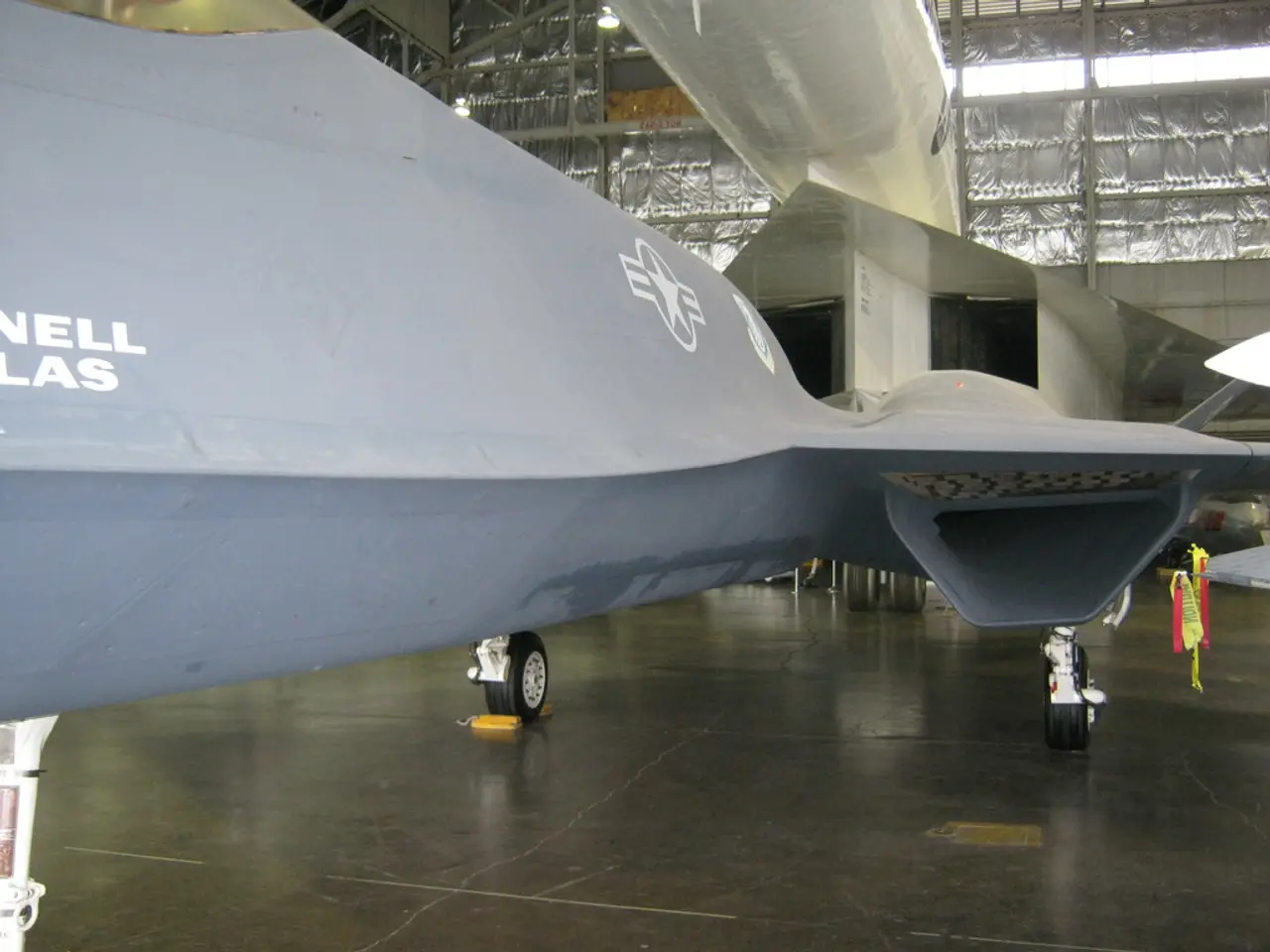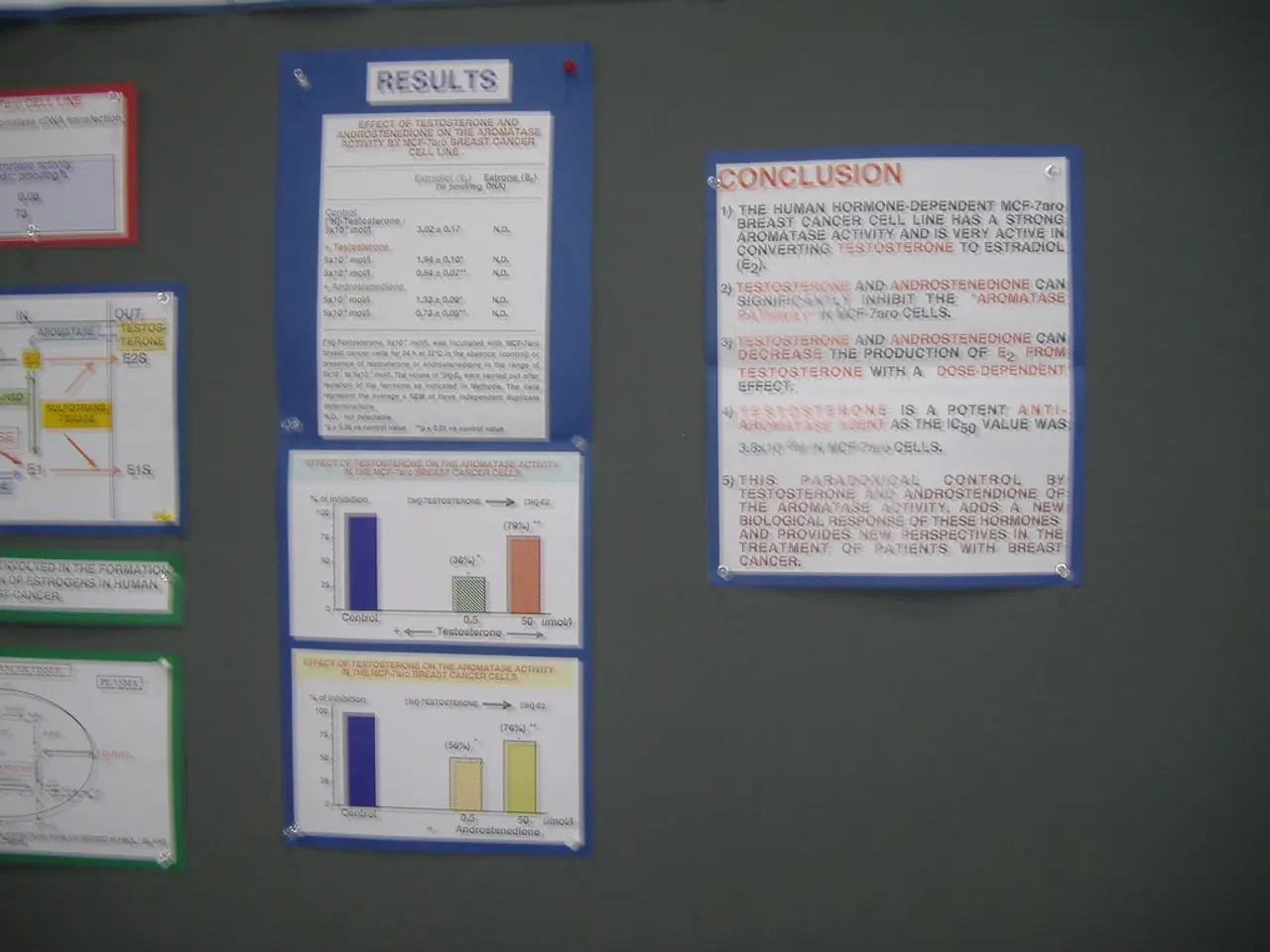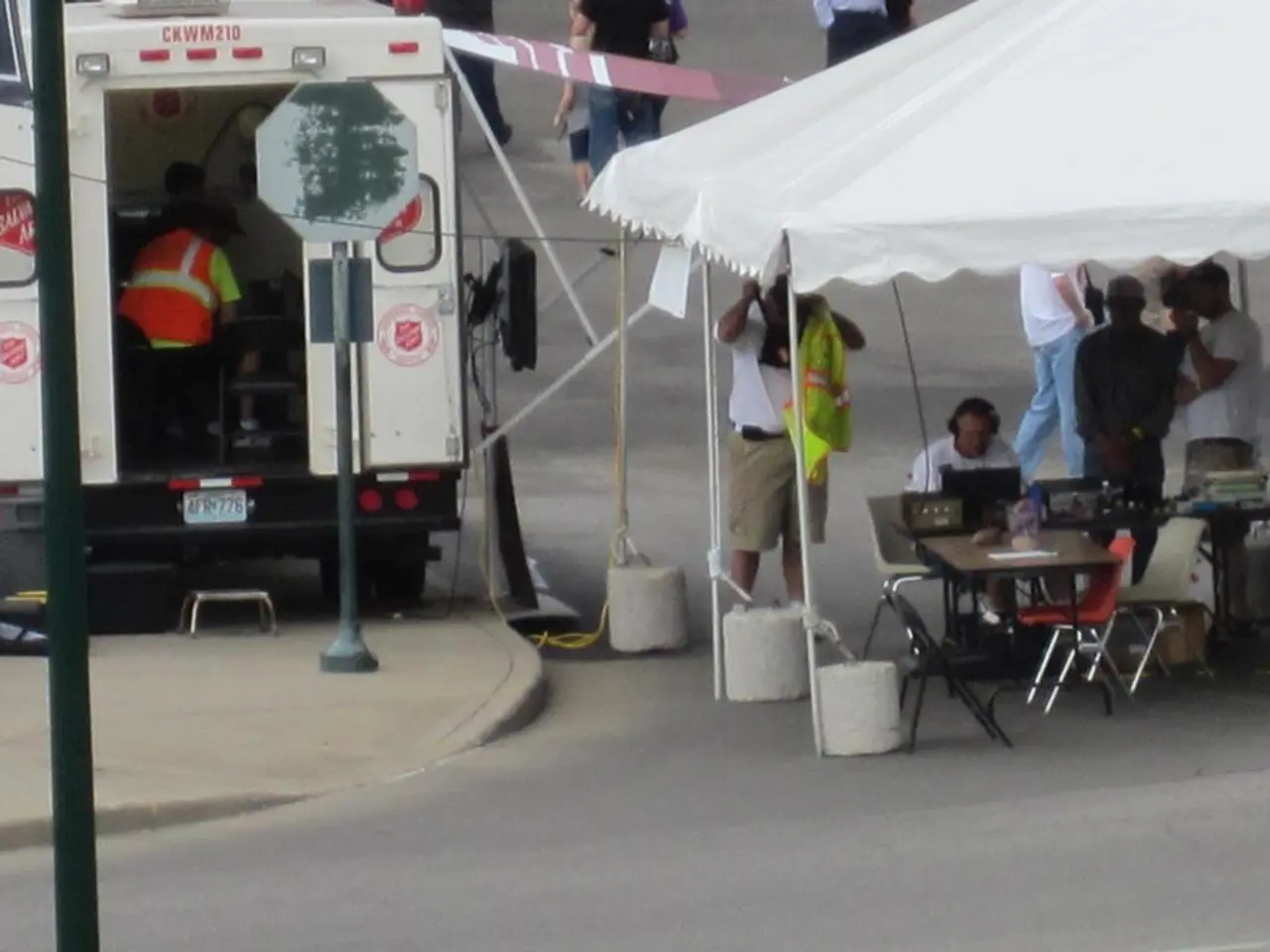Delta Air Lines aircraft forced to land unexpectedly due to a battery fire onboard.
In light of recent incidents, such as the January 2025 Air Busan power bank fire, the Federal Aviation Administration (FAA) has implemented stricter regulations for carrying lithium-ion batteries on commercial flights. These measures aim to reduce the risk of fires caused by these batteries, which can overheat and ignite, posing serious hazards on aircraft.
When it comes to carry-on luggage, passengers can bring devices with installed lithium-ion batteries without restrictions, as long as the device is turned off, the battery is properly secured within the equipment, and the battery shows no visible damage such as swelling or leakage. However, spare lithium-ion batteries (not installed in devices) must be carried in carry-on baggage only; they are not permitted in checked baggage.
The FAA guidelines for spare batteries are as follows:
- Batteries 100 Wh or less: no limit on quantity per passenger, but each battery must be individually protected against short circuits (e.g., by keeping them in original packaging, protective sleeves, or by taping terminals). - Batteries between 101 Wh and 160 Wh: limited to two per passenger, also individually protected against short circuits. - Batteries above 160 Wh: prohibited in passenger carry-on and checked luggage unless shipped under special hazardous materials rules, requiring operator approval, UN specification packaging, shipping papers, and trained personnel.
In contrast, spare lithium-ion batteries are forbidden in checked baggage entirely, regardless of size or capacity. This includes batteries in chargers or power banks. Lithium-ion batteries installed in equipment may be allowed in checked baggage if they are properly installed and meet safety requirements, but carry-on is preferred for safety reasons.
These regulations are enforced to ensure passenger safety by minimizing the risk of lithium-ion battery fires during flight. It is essential to adhere to these guidelines to maintain a safe and secure flying environment.
Recent incidents, such as the battery fire on a Delta Air Lines Boeing 757, serve as a reminder of the importance of these regulations. The flight in question, Flight 1334 from Atlanta to Fort Lauderdale, experienced a smoke incident in the cabin, caused by a burning personal battery belonging to a customer. The smoke was reportedly contained, and the emergency landing took place in Fort Meyers, Florida, with no injuries reported.
The Delta spokesperson apologized for the inconvenience caused to the passengers and expressed gratitude for the quick actions of their staff. According to the FAA, most consumer personal electronic devices with lithium-ion batteries can be in checked and carry-on luggage, but it is crucial to follow the guidelines to ensure safety.
Planes have fireproof containment bags for isolating burning batteries, and flight attendants are trained to handle such situations. As we continue to rely on electronic devices, it is essential to be aware of the regulations and take precautions to ensure a safe and enjoyable flight experience for all passengers.
- In light of recent incidents like the Delta Air Lines Boeing 757 smoke incident caused by a burning personal battery, it's crucial to adhere to aviation safety regulations, such as those implemented by the Federal Aviation Administration (FAA).
- According to the FAA guidelines, compared to checked baggage, passengers should carry spare lithium-ion batteries in their carry-on bags, as they are forbidden in checked baggage entirely, regardless of size or capacity.
- The general news of aviation accidents highlights the importance of the transportation industry, finance, and other sectors working collaboratively to implement stringent safety measures in electronics, such as the FAA's stricter regulations for carrying lithium-ion batteries on commercial flights, to ensure a secure and safe flying environment for all passengers.




